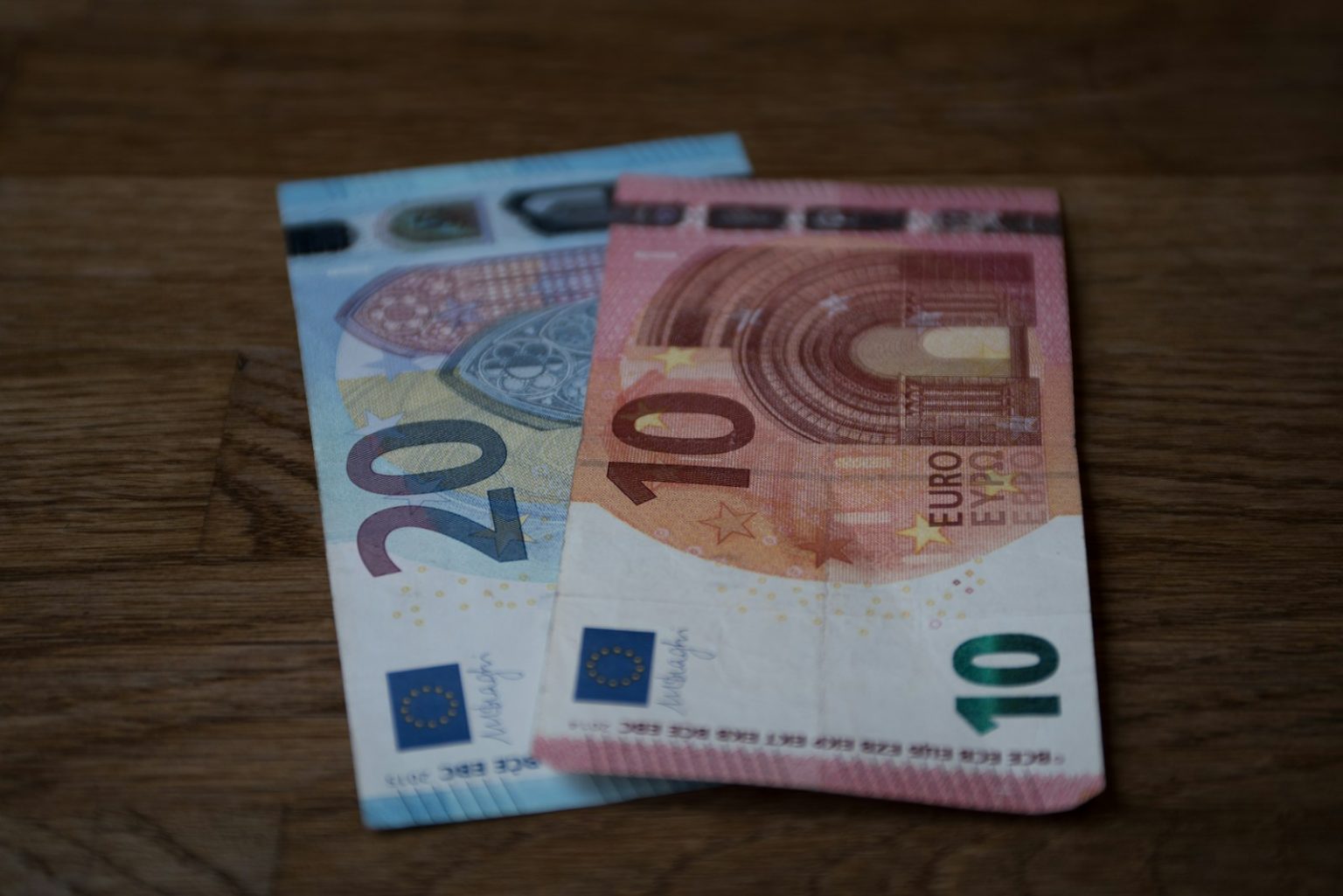The euro is emerging as a safe-haven currency amid economic uncertainty caused by US President Donald Trump’s aggressive tariff policies. Investors are shifting away from the US dollar, finding new confidence in the eurozone as the 20-member bloc rebounds from a mild recession in 2023. The euro has surged over 10% against the US dollar since January, reaching 1.1369 dollars per euro on April 14.
The single currency’s strength reflects growing confidence in the eurozone economy, which is projected to expand by 1.3% in 2025. However, 20% US tariffs on imports from the EU could still derail this outlook. Diverging monetary policies are also fueling the euro’s strength.
While the US Federal Reserve has begun cutting interest rates, the European Central Bank remains hawkish in response to stubborn inflation in parts of the eurozone. Lower US interest rates make holding dollars less profitable, prompting investors to favor the euro instead.
Euro’s rise amid tariff impacts
Germany recently announced a significant €1 trillion fiscal stimulus package, involving massive defense, infrastructure, and climate protection spending over the next decade. The announcement has further bolstered investor confidence in the euro, reinforcing the currency’s recent rally by signaling long-term economic support at the heart of the eurozone. The current strength of the single currency is, for now, a boon to consumers and businesses who can buy American-made products at lower prices.
Tourism to the US from Europe has also become a bit cheaper, while commodities priced in dollars, like oil and gas, have become more affordable. However, European exporters may face challenges as their goods become more expensive for the rest of the world. Germany is seen as the most vulnerable to the euro’s strength, as exports accounted for around half of its GDP last year.
While some currency traders predict the euro could further strengthen against the greenback before the end of the year, most major investment banks expect it will hover around its current level. “Everything is extremely uncertain right now, and it’s unclear if the euro will keep rising against the dollar or level out,” said Rebecca Christie, a senior fellow at the Brussels-based think tank Bruegel.
Photo by Hans Ripa on Unsplash

